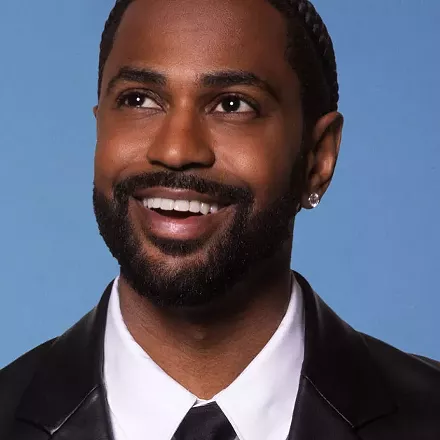Art is commerce. Hate to burst your collectivist sentiments and utopian ideals, but that's the tawdry reality. No artist who's turned down a paycheck has stayed an artist very long.
Piss and moan and decry us for being charlatans, we'll wait. Done? Calm? Now listen: If you're going to make it to any kind of level, at some point, someone in your crew — you, your drummer, a business major classmate (as in the case of Seaweed Jack) — needs to start treating the art like a business. Managers are good for this.
Renee Reuter, whose company, Avant Management, handles the nuts and bolts of Nate Schierman's breathy rock brigade, rattles off her list of management duties. "I'll do booking, scheduling, all sorts of press and publicity for shows," she says, and other duties, ranging "from organizing promotional street teams to finances, making sure the bands get paid."
There's no real secret to these things — these pages offer guide enough for booking, press and publicity — though a manager can streamline the process. "The relationships are already built with venues," Reuter explains, including such pop as in-store performances at joints like Borders and Hastings. "It's our job to build those relationships."
The two things managers offer that you don't necessarily have right now, then, are connections and time. Time is the hardest, especially if your art isn't yet supporting itself, but it's still doable. Former dishwasher, current Tony Hawk licensee James Pants doesn't have a manager, but he keeps a pencil-pouch marked "potentially deductible receipts" on his dining table. "I've got a few more to add to that," he says when I ask about it. Dude's a baller on a budget. You'd do well to be one also. "You can deduct so much stuff," he says, geeking out in a way usually reserved for discussions of vintage drum machines and period high-tops. Those deductions, he explains, come faster when on tour.
That's important because tours, especially inaugural ones, are notorious for depleting bank accounts. Having a manager's connections (or being diligent about making your own) helps, but even trips that are successful in building the band's base and visibility often lose tons of money. What a nice little parachute the government offers if you (or someone you know) would just be a little diligent with the ol' 1040.
It's not as simple, though, as electing to have a manager. Professionals pick you just as much as you pick them. "[The management game] has to be something your heart and soul is behind," Reuter says, "I only take musicians I believe are serious about wanting that representation."
There's a level of activity and investment required to make a manager worthwhile, then, as evidenced in the declining usefulness of Hockey's in-California manager, Michael Rosenblat, since the band relocated to Spokane. A relationship that began feverishly, with showcase performances, negotiations, record deals and advance money has cooled considerably. "We haven't heard from the guy," says Hockey's bassist, Jerm Reynolds, and that's OK. "There's no need for a manager if you're just playing around Spokane." Of course, you shouldn't just be playing around Spokane, should you?
MANAGERS IN THE AREA
Laurentia Colhoff
l_impresario@yahoo.com
509.995.7076
www.myspace.com/laurentiaart
Steve Garvan | Garvan Media
208.265.1717
steve@garvanmanagement.com
Kelly Lotze | Emnaus Road
509.954.0104
Kellylotze@gmail.com
Renee Reuter | Avant Management
renee@avant-management.com
208.946.0512

















